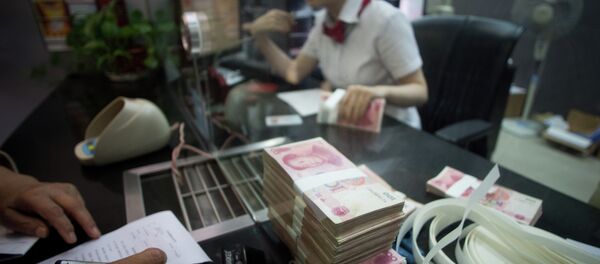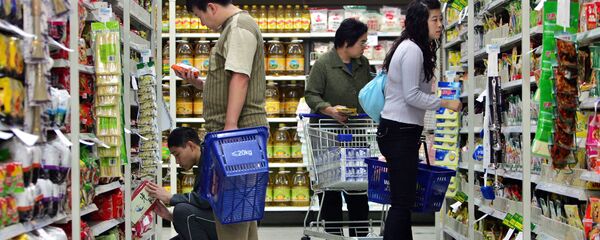Steady growth and the country's various development goals cannot be taken for granted, especially amid the uncertainties of the current global economic environment. To tackle the problems China is facing, it is necessary to sustain the impetus of the economy, and this will require more debt. There are various reasons for this.
The US tax reform is set to start a round of tax cutting competition worldwide, which will put China's financial capabilities to the test. China and the US are the world's two largest economies. The former is more focused on production and the latter on consumption, which puts the US in a more advantageous position in the competition. As an alternative to cutting taxes, China will have to expand debt to maintain financial stability.
Debt expansion will also be needed to boost the real economy. In the era since the global financial crisis, real economies don't appear to have recovered to the same extent as the financial sectors. Companies have no other choice but to switch to another industry or go overseas. Boosting the real economy will require building a more vigorous domestic market and more capital input, and in this scenario, debt expansion is the most feasible option for stimulating the domestic market.
The Chinese government still has room for maneuver, as its debt ratio is only at a moderate level. And the economic growth brought by a more successful real economy would offset some of the rise in debt.
Debt expansion would also create the necessary conditions for structural adjustment and economic transformation. The essence of debt expansion is using future money in the present. This financial tool should be applied to alleviate the growing pains during the current transformation of the economy. It is notable that many countries have issued super-long national bonds such as century bonds to assuage financial pressure. China can learn from them.
Another issue is that China needs to issue more debt in order to avoid a sharp slowdown in its current growth rate. In fact, an expansionary fiscal policy used to be one of the strengths of the Chinese government. Even though we are in an era of the "new normal," sustaining economic growth still matters. Resuming active fiscal policies is the best option in this case.
It will take money to accomplish the social goals outlined at the 19th National Congress of the Communist Party of China. To achieve the strategic goal of comprehensive prosperity, to promote the transformation of economic and social development, to push forward the Belt and Road initiative globally, to build up the social security system — these targets will all need a lot of capital and financial resources. More debt is the solution.
A massive economic stimulus plan with a scale larger than the 4 trillion yuan used during the global financial crisis is probably China's practical need, and the most effective period in which to do this will be in the next three to five years. Capital should not focus too much on infrastructure, due to potential inefficiencies and liabilities. Instead, it should be devoted to bringing down costs and increasing strength in the real economy.
China longs for a practical strategic solution rather than expediencies. The defects and problems of this kind of stimulus plan are certainly hard to ignore. Given the calls for deleveraging, taking the opposite course of action will inevitably result in concerns. But every coin has two sides. For instance, the yuan exchange rate is affected by depreciation trends, but also by the international environment.
If there is no policy adjustment, the economy will deteriorate. A series of open market policies would have only temporary effects. The foreign capital flows into China are directed more toward finance than industry, and global capital always flows to the US dollar, which will not change in the foreseeable future. Thus, China will have to rely on itself to make the strategic solution that fits the domestic market in order to accommodate world economic changes.
This article, written by Chen Gong, was originally published in the Global Times




